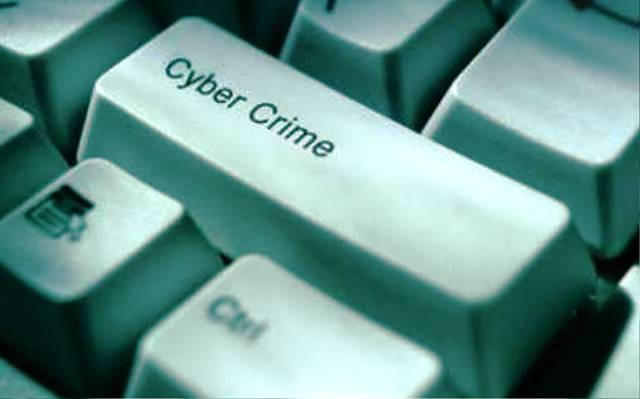Cyber crime on the increase in the UK

According to the latest crime survey, there is a greater likelihood of being scammed online than being mugged in a dark alley. The modern day criminal no longer needs to hide behind a balaclava. It's enough to just to sit behind a computer screen to ensure anonymity and walk away with thousands of pounds of other people's money. And it happens daily.
There were five million incidents of fraud in England and Wales last year, and a further 2.5 million cyber crime offences, such as computer hacking, an indicator that how criminals strike is evolving in line with modern technology, and in modern society, the greatest threat comes from cyber crime.
Organised gangs use the anonymity of the internet to commit large-scale crime outside of UK jurisdictions rendering them untouchable by western law enforcement. However, cyber crime and fraud continue to be hugely under-reported as a faulty perception of what constitutes criminal activity persists, both amongst a complacent public and a police force ill-equipped to tackle cyber criminals.
A survey of UK police forces last year found that less than one-third of key cyber-crime staff had the skills or technology to address the threat. The head of Scotland Yard's fraud team said in comments reported by Computer Weekly that the crime over the previous decade had been rampant because the force was simply not good at investigating it.
Police and banks lack the resources to address the increasingly sophisticated techniques used in hacking and financial fraud, while a nation of pensioners are targets of cold calling by self-styled "financial companies" offering dubious "free pension surveys". Little can be done to stop the cold callers as they are not technically deemed to be criminals despite regularly cleaning out many unsuspecting elderly victims of their life's savings.
While the rising fraud crime wave has been substantial, authorities and the public alike are only just beginning to recognise the all too real dangers of the criminals lurking behind their computer screens.
© Copyright IBTimes 2025. All rights reserved.






















